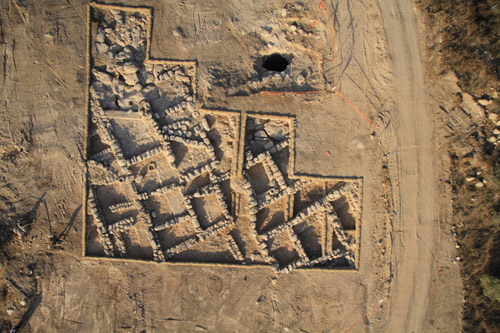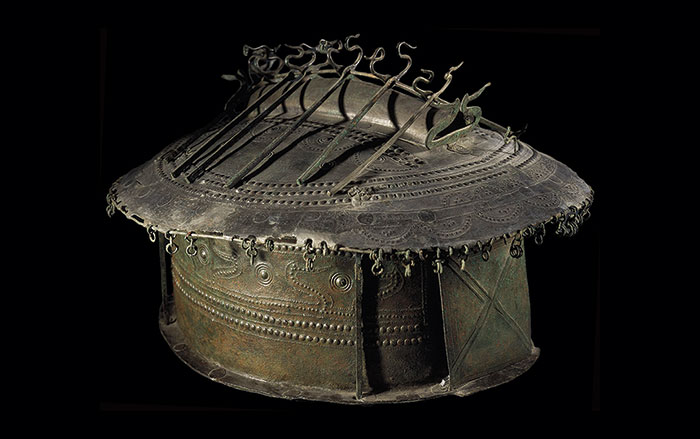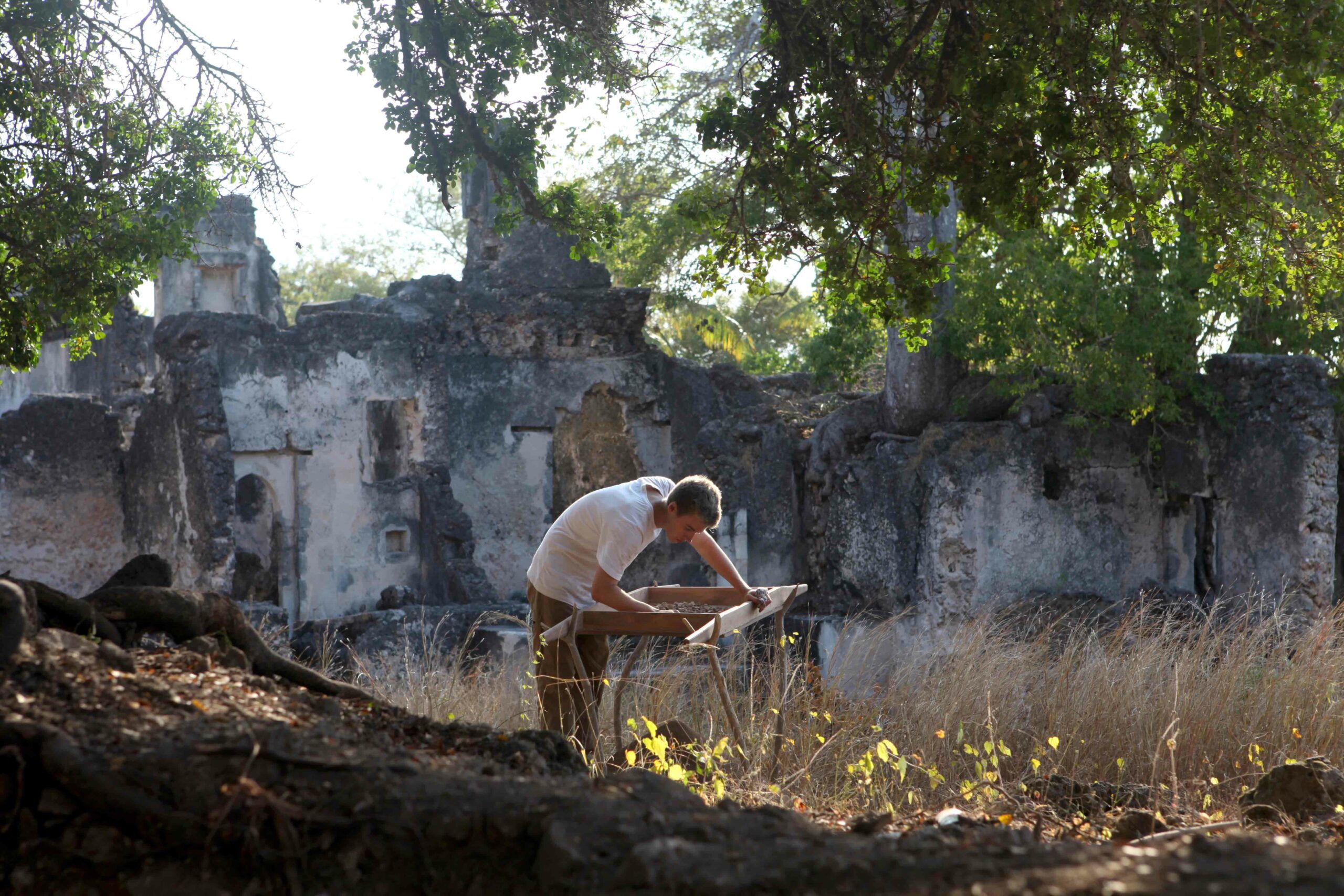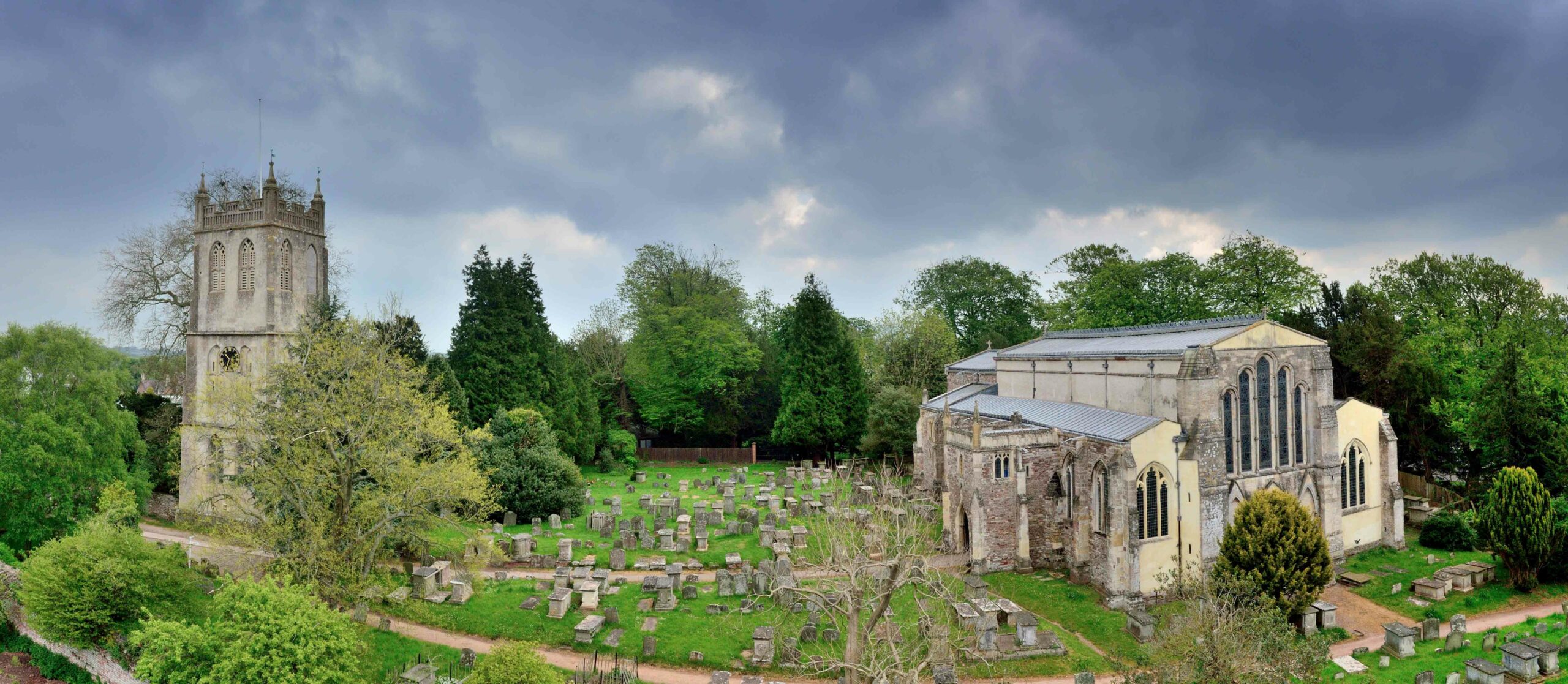
Hellenistic Settlement Uncovered in Israel
News February 18, 2014

Recommended Articles
Model Homes March/April 2026
Doorways for the Dead
LOCATION: Thebes, Egypt
DATES: Ca. 1981–1975 b.c.

Model Homes March/April 2026
A Maya God’s Humble Abode
LOCATION: Copán, Honduras
DATE: Ca. a.d. 700–850



-
Features January/February 2014
Stone Towns of the Swahili Coast
Along 2,000 miles of the East African coast, the sophisticated trading centers of the medieval Swahili reveal their origins and influences
 (Samir S. Patel)
(Samir S. Patel) -
Letter from England January/February 2014
The Scientist's Garden
Excavations in an English garden reveal the evolution of the nation's culture across thousands of years
 (Adam Stanford, Aerial-Cam)
(Adam Stanford, Aerial-Cam) -
Artifacts January/February 2014
Limestone Eagle
 (Matthew Helmer)
(Matthew Helmer) -
Digs & Discoveries January/February 2014
French Revolution Forgeries?
 (Courtesy Davide Pettener/Paolo Garagnani)
(Courtesy Davide Pettener/Paolo Garagnani)

